Establishing a Winning Structure
The hiring process can be a long and arduous task, but it’s also one of the most important things that an organization does. A structured hiring committee will help you make good hires by taking some pressure off your HR team. It’s not enough to just have a few people on this committee — you need people from different backgrounds so they can bring their unique perspective to every decision made about who gets hired at your company. This article will teach you how to set up your own effective hiring committee, what their responsibilities are, and why it’s crucial for them to be diverse to get better results.
How to structure your hiring committee
To set up an effective hiring committee, you want to create a straightforward process that will guide your team through the process. The following steps will walk you through how to do this:
Step 1: Determine the purpose of your committee. What are you trying to achieve?
Step 2: Have a recruiting policy that is approved by the entire company and/or board members. Make sure everyone knows what’s expected of them throughout the hiring process and who they should go to for help if they run into problems.
Step 3: Create a matrix or form detailing specific responsibilities that need to be assigned to each member of your hiring committee.
Initial Tasks to Complete
Before your committee begins screening and interviewing candidates, there are several decisions that, when made on the front end, will help your hiring process run smoothly. Work through these decisions with your hiring committee to set the stage for an organized hiring process.
Determine the position you need filled and define the qualifications of the ideal candidate.
Define the qualifications of the ideal candidate. What qualities do they need to have? For example, do you need someone who has a technical background? Or more of an operations background? These are things you’ll want to think about before moving forward.
Establish interview questions to ask candidates.
Establish interview questions to ask candidates. How will you find out if a candidate is qualified for the position or not? Write some interview questions and decide which ones you’ll use for each interviewer. The Interview Dive application is a great tool to determine your customized interview questions for the position you are hiring for.
Divide the interview questions among each committee member.
Whenever you have a group of people interviewing the same candidate, it’s best to divide up the questions, so every committee member can ask questions. This will allow each interviewer to get their input and ensure that everyone is clear on how they feel about the candidate before moving forward in your hiring process.
Decide how you will evaluate the different scores from your interviewers.
It’s important to discuss how interviewers will be evaluated and what the criteria will be used for hiring. For example, some companies might require high scores on all sections of a standardized evaluation, while others may only want someone with an overall score that meets a certain threshold. You’ll decide this in advance, so you know what your goal is going into the process.
Determine who will make the final decision on who to hire.
This could be a majority vote or one person’s responsibility, such as the hiring manager, team lead, or the CEO.
Determine how you will inform the successful candidate and let other candidates know that they were not selected.
To be effective, your hiring committee will need to have a clear process that they follow when handling candidates who are not selected. You want to set up a system that everyone understands and knows what is expected of them throughout the process. While it may seem unimportant, following up with candidates who have not been selected sets a great first impression for your company. Assign this task to a specific person, determine the type of communication you will send, and follow up to ensure this task is completed throughout the process.
Evaluate the process to find ways to improve in the future.
This is also an excellent time to determine what worked and what did not during the hiring process. Discuss the process over a few meetings and determine whether you should change anything in your next hiring process. Plan on having a debrief session after the hiring committee has made their decision so everyone can give feedback and recommendations for improvement going forward. This will ensure that every time you have an open position to fill, your company can run an effective
Once you have this feedback, you and your hiring committee should consider making the process a codified part of your overall hiring policy.
Choosing people who are both qualified and diverse to be members of your hiring committee ensures that every perspective possible is being considered before a hire is made. In addition, committees play an essential role in narrowing down the pool of candidates and share similar values with company culture.
Organizations need to have a structured hiring process. Creating a hiring committee can be a valuable part of that process. The perfect hiring committee should be made up of different people from all over the company and should consist of those that not only share similar values with company culture but also possess a variety of skill sets. Making decisions about how to conduct the process early on is imperative for success. Once the candidate is hired, taking time to evaluate what worked or didn’t work during each step in your hiring process can help you set a policy for effective hiring in the future.
The team at Deep End Talent Strategies is here to help you think through your recruitment process.

